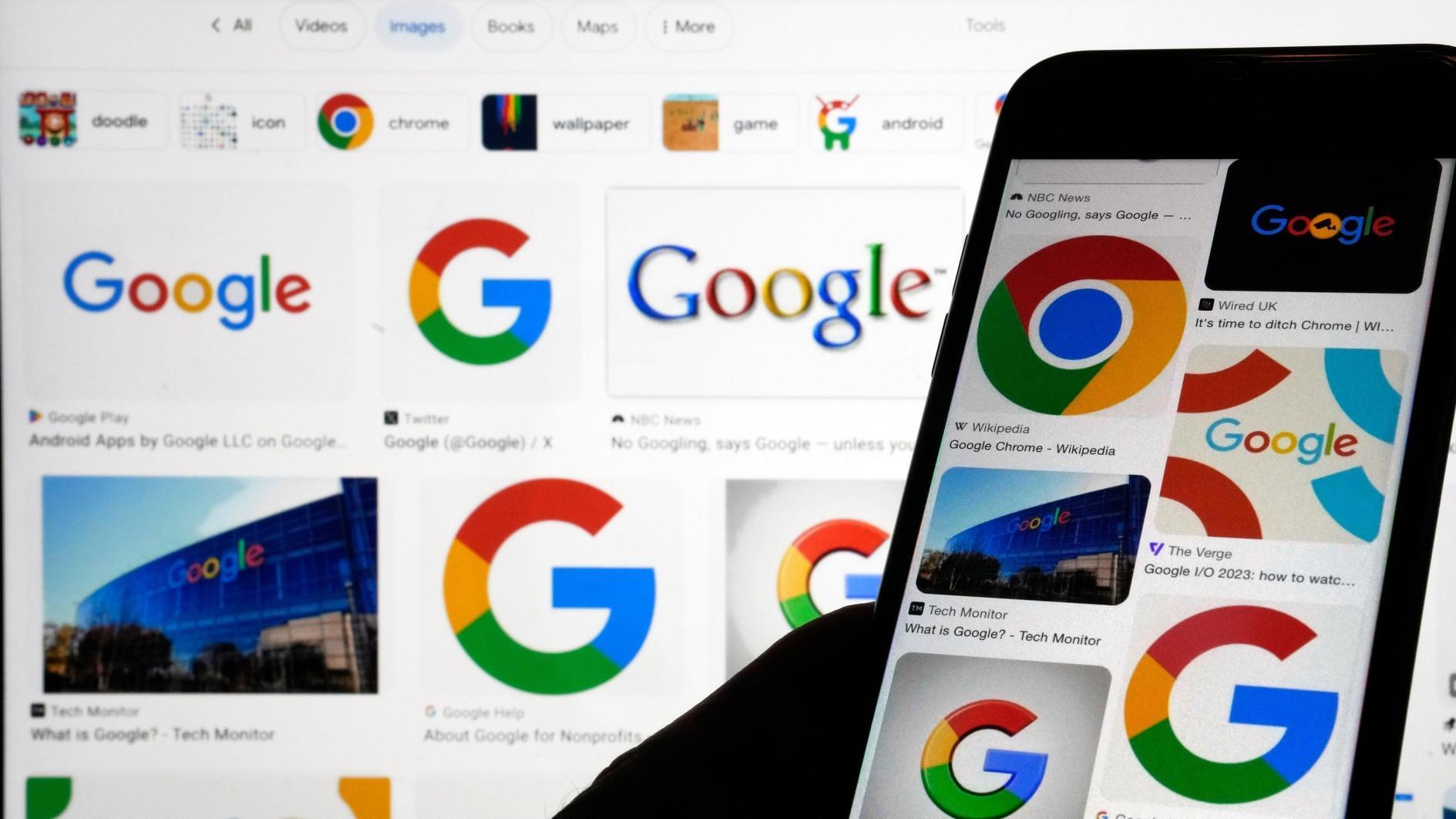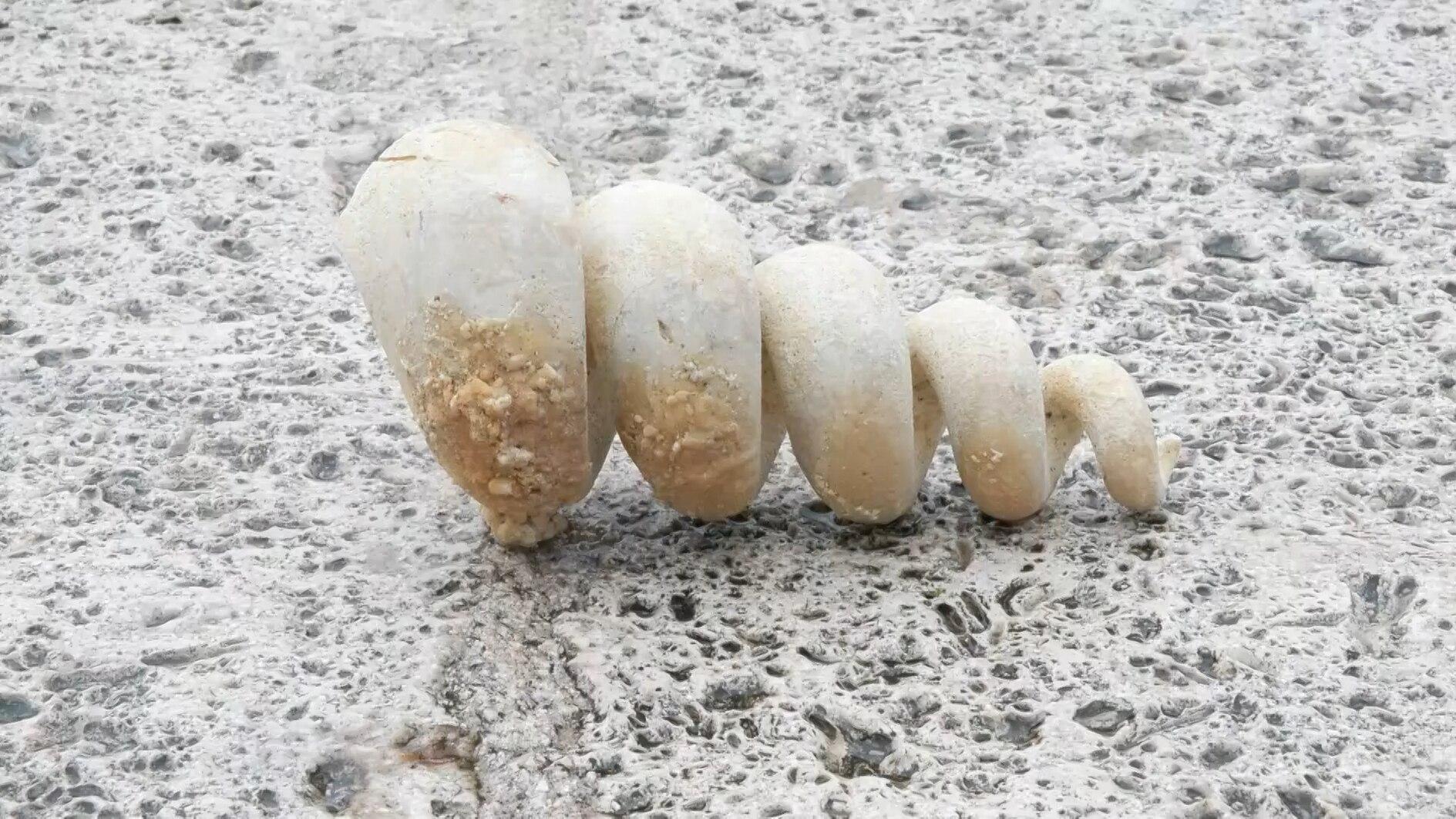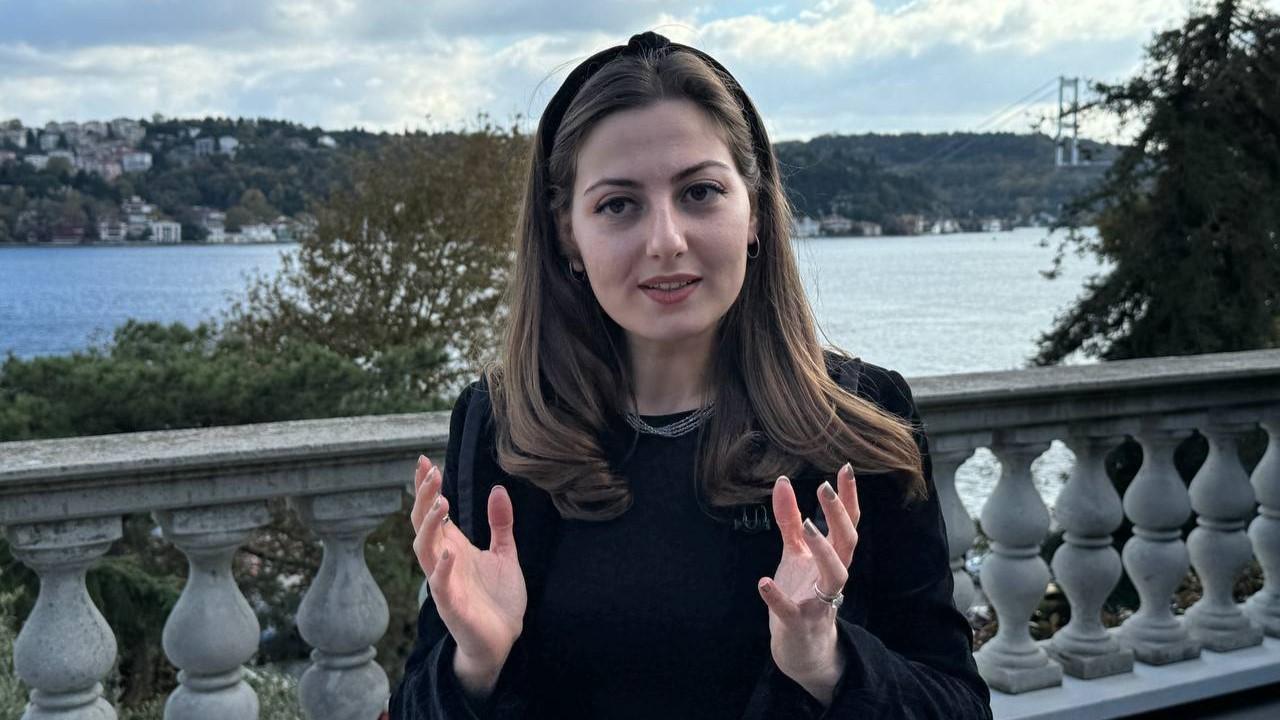Where do we stand on the balance between economy and democracy?
The Turkish Enterprise and Business Association’s (TÜRKONFED) latest report was titled: “Towards a new constitution: The development of institutional reform and democracy culture.”
TÜRKONFED had previously prepared reports on critical issues like getting out of the middle income trap or women in the business world.
In its latest report it provided keys to how democracy culture can flourish.
The most important highlight of the report was:
“Democratic institutions are as important as economic institutions in order to get rid of the middle income trap and realize sustainable growth. A good balance between economy and democracy needs to be established.”
Let me explain how we are far away from establishing that balance by giving you examples that I have experienced individually or that have been reported by the media.
The other day I tried to take advantage of the good weather and went to the Moda neighborhood in the Kadıköy district on Istanbul’s Anatolian side. I came across a demonstration with slogans like “Moda is ours; Kadıköy is ours, our cultural legacy cannot be looted.”
The civilian platform Kadıköy Urban Solidarity was demonstrating, arguing that the Moda pier, constructed a hundred years ago by famous architect Vedat Tem, had not been restored according to its original state and was opened illegally for management.
According to claims in the petition read in front of the Moda pier, the Istanbul Metropolitan Municipality (İBB), which is the owner of the pier, started restoration work last year without the proper license.
The decisions by the bureau responsible for the protection of monuments were not abided; the warnings by the chamber of architects were ignored.
The economy-democracy balance is very important at this very point.
The İBB seems to have turned a deaf ear to the voices of the locals living there and avoided consulting with civil society representatives on one of Kadıköy’s important cultural legacy sites for the sake of increasing its income.
Are those reacting at the Moda pier unfair when they say, “A municipal approach that sees the city as a means for rent loots our common living space by destroying our urban memory?”
There is a similar example from one of the oldest neighborhoods in Istanbul, Cihangir.
According to Korhan Gümüş from an association that is dedicated to Cihangir, Roma Park, which is an important green space for Cihangir, has become a new target for the İBB.
According to Gümüş, an architect himself, the park will be made a facility for Beltur, a municipal company. A car park is being planned around it. Underlying that, the association has saved the park at least five times from similar threats, Gümüş said. “Money determines everything. The public sector has surrendered to market forces. They create inequality while talking about opportunity.”
Yet another example is in Yedikule, the orchards along the walls of the Istanbul Citadel, which were recently visited by famous environmentalist Vandana Shiva.
A debate has continued for some time over opening these orchards for construction. The public sector wants to go ahead despite objections from civil society representatives.
Those who believe they can make Istanbul richer by violating democratic rights are hugely deluded.











